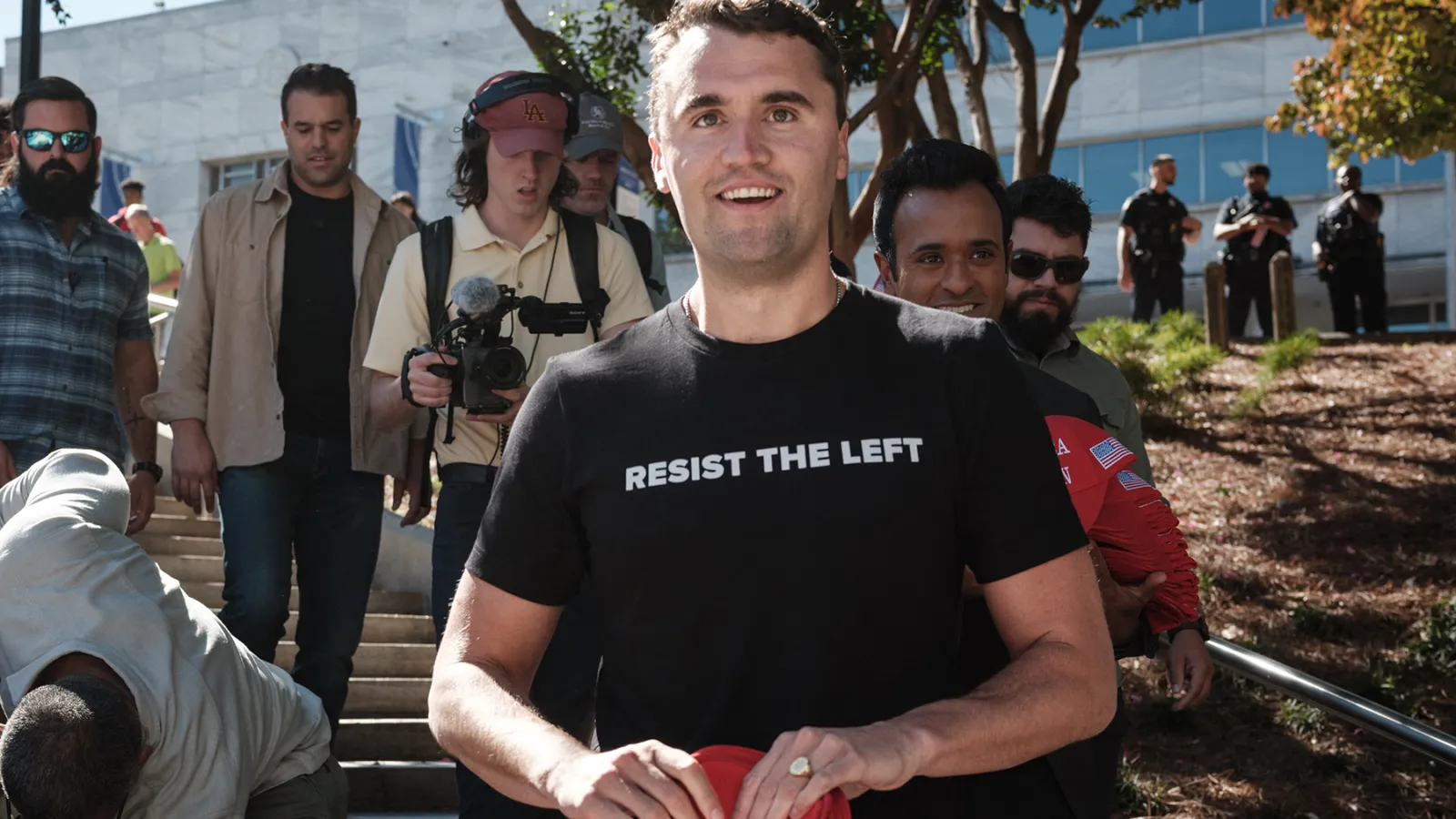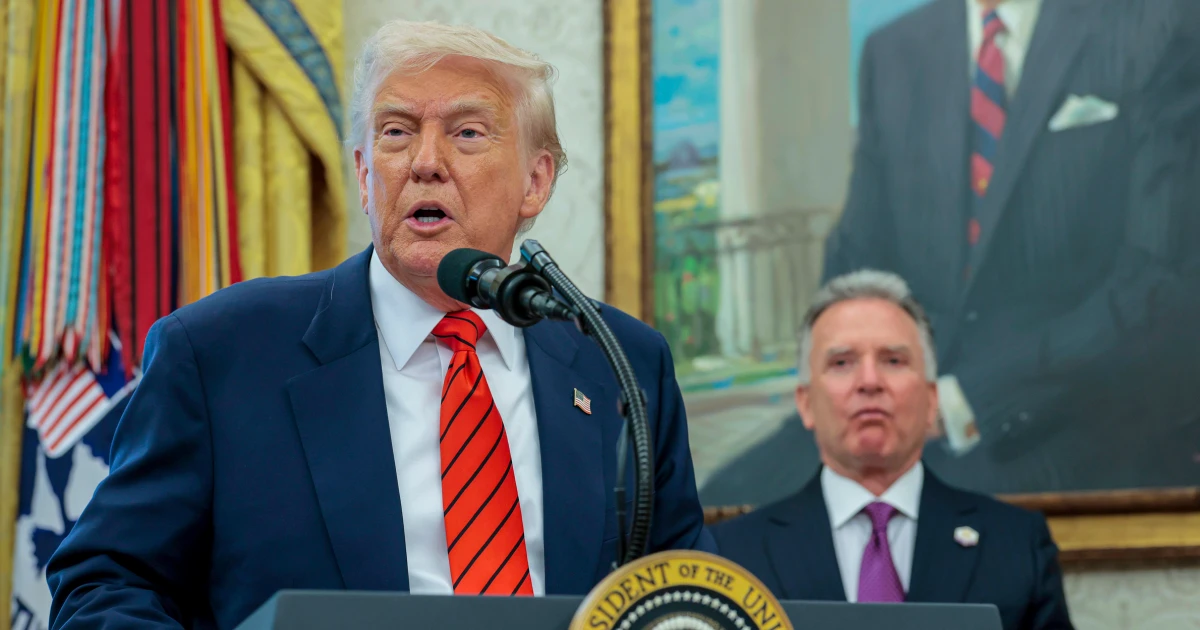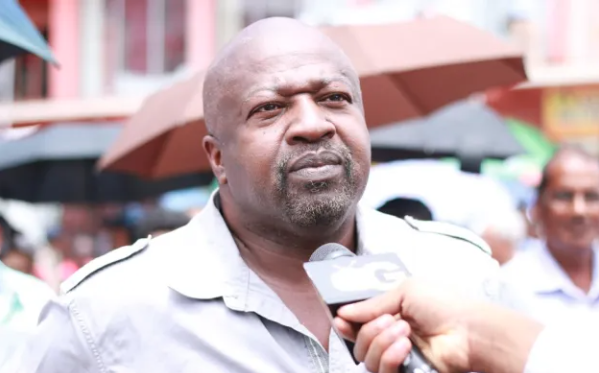
“Charlie Kirk was the one who stood up for us, and that’s why these radical leftists had to take him out,” remarked one of my fellow football players at my staunchly conservative college. He wasn’t the only one. Many teammates were rightfully mad. But instead of directing their anger toward only the killer, they blamed everyone on the left for the actions of one fringe individual. This instinct to condemn the whole other side for the actions of one crazy person isn’t new; and it sows seeds of hatred that only deepen our divides.
Growing up in the early 2020s, Charlie Kirk’s face was everywhere, and that shaped how my generation saw politics and the world. He wasn’t just influential for my right-leaning friends; Kirk changed how many young liberals saw the GOP and how they defined themselves against the party. But for many of my conservative friends, Kirk wasn’t just another figure in the movement — he was an icon who redefined it. He made confrontation, cultural rebellion, and “owning the libs” central to what being a young Republican meant. Yet, that same influence turned hostility between opposing camps into the norm, with threats and violence increasingly more common than reasoned, peaceful discussion.
I’m in a unique spot to see this picture. I recently graduated from a conservative all-boys high school in Chicago, and now I attend a right-leaning Southern college, playing football at both. In these places, I’ve learned to keep my liberal politics hidden. I first heard of Kirk when I was in middle school, but his name blew up by the time I reached high school, starting with my freshman year, when a friend showed me a viral clip of him debating a “woke” college student on abortion rights and completely dismantling her argument. From that moment, it felt like everyone I knew had seen him.
Living in conservative spaces has showed me something worrisome about how my generation treats disagreement. It’s not just that I’m outnumbered, it’s that I’ve heard teammates and friends say they’ve never had a Democrat friend before because “those Democrats hate our country” and you “can’t befriend evil.” Those comments are more than political disagreements; they’re seeds of hatred that grow into distrust and dehumanization. When you see someone as hating your country, you stop seeing them as a person who can be reasoned with, and mistakenly begin thinking that violence is the only way.
Editor’s picks
But Kirk was a rock star at my school. Many kids are die-hard MAGA supporters, and they embraced him as well. His Turning Point USA rallies and passionate conservative rhetoric inspired countless young men who saw him as a hero and a defender of their values. Friends constantly passed around videos of him embarrassing “woke liberals” on topics ranging from culture and education to crime and abortion. They loved him because they thought he could out-debate anyone.
Other young conservative voices existed, of course, but they were different. Though figures like Ben Shapiro and Candace Owens have Gen Z supporters, Kirk generated a whole new type of excitement. His followers didn’t just sit back and watch; they joined in and brought the energy seen at his events to their school hallways and group chats, where politics was a participatory social experience instead of an intellectual debate. He made them feel they were a part of something bigger than themselves, and that gave them license to be loud.
Being the only liberal many of my friends knew, I kept quiet, nodding along. And when Kirk was killed, I grew anxious. The tension and hostility toward the left on my campus has been palpable. Even though Kirk engaged with people on the other side, many young people didn’t catch onto that part of his politics. They would still rather badmouth the other side than have a respectful debate.
As a football player, I know the power of a team coming together. I’ve learned that you must channel energy into something bigger than yourself. But right now, my generation is two teams fighting against each other and not coming together to better our country. The anger I see isn’t just political; it’s personal. People argue today not to understand the other side but to “win” and make their opponent look bad, leaving no room for empathy.
Related Content
The weight of Kirk’s death was heavy at practice last week. My friends are sad and upset, mourning a man they saw as an idol and their future. They replayed clips of him speaking, cheering for how he “won” against liberal college kids, as if his rebellious spirit still rallied them. And while I mourn his senseless death, I’m also grieving a chance for unity that seems to be slipping away. Gen Z can rewrite this story, but we need to learn to disagree through peaceful debate, without hate. If we don’t, I fear tragedies like these will just become the norm.
Watching my teammates mourn, I worry about what’s next. Many young conservatives see Kirk’s death as a rallying cry, fueled by the same “anti-woke” fire he sparked in those viral videos. Instead of prompting dialogue, I fear his death will just make all the problems worse. It will cause people to point fingers and make threats, leading to more division.
For me, political division is something I’ve seen up close. Political arguments at my high school often ended with personal attacks. This has only accelerated in college, because when you combine passion with the belief that those who disagree don’t care about our country, even small arguments breed resentment. If we don’t separate our beliefs from the people we are, the gulf between us will only grow wider.
Trending Stories
But I still hold onto hope. From football, I’ve learned that people can band together and focus collective energy toward something bigger and better than themselves. I’ve seen teamwork overcome personal clashes and rivalries. If my generation can approach this tragedy with perspective, it could be a turning point for us. We could show that we can come together and resolve our differences peacefully, rather than hating each other. But that means engaging in actual dialogue — and seeking real understanding.
Eli Thompson is a freshman in college. His writing has been featured in The Wall Street Journal and USA Today, and he has appeared on NBC Chicago, WGN, and SiriusXM Patriot.



